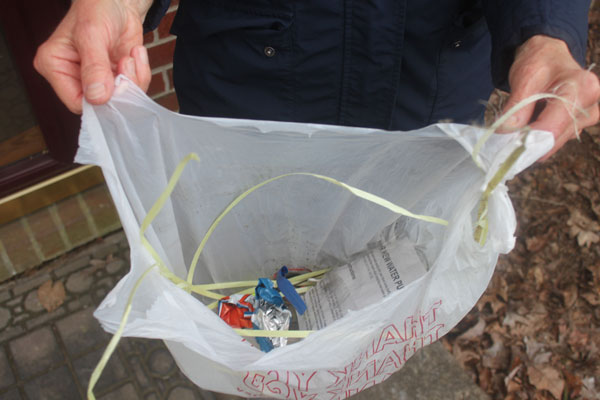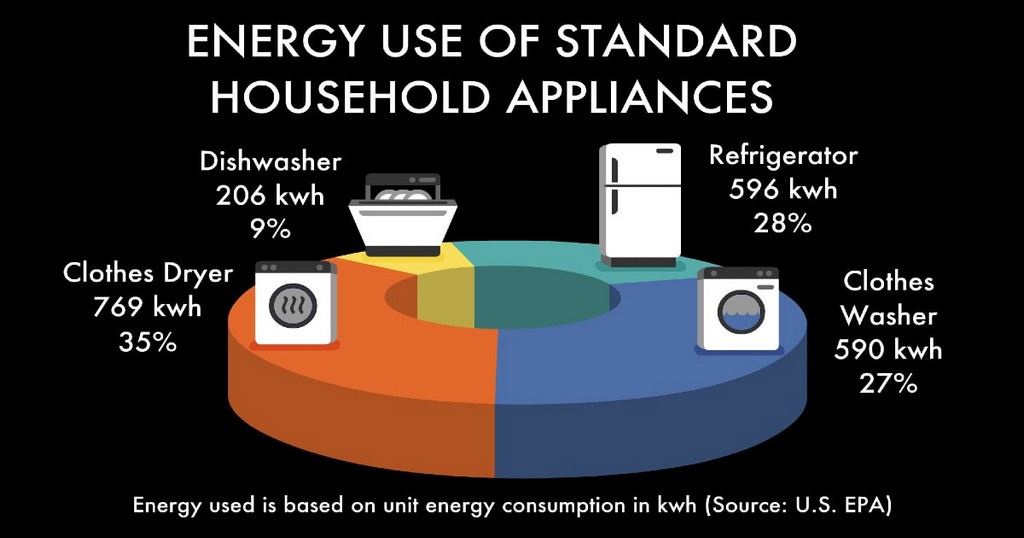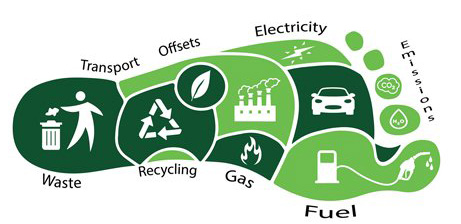Season of Creation
Earth Day 2023. Focus on Plastics

Earth Day was founded in 1970 and included environmental teach-ins that educated Americans about environmental and species conservation issues, and connected those issues to their health and well-being.
On April 22, 1970, 20 million Americans took to the streets, parks, and auditoriums to call for a healthy, sustainable environment in massive coast-to-coast rallies. Thousands of colleges and universities organized demonstrations and teach-ins against the deterioration of the environment.
Earth Day 1970 activated a bipartisan spirit that motivated the passing of the Clean Air, Clean Water, and Endangered Species Acts. 2020 is the 50th anniversary Earth Day
The theme for 2023, “Invest in Our Planet” is the same theme as 2022. What gives? We are behind on reducing greenhouse gases to keep global warming below 1.5C.
We need to be in a neutral position or a net zero emissions position by 2050, A net-zero emissions balance is achieved when the amount of greenhouse gas released into the atmosphere is balanced by what we take out. This can be done by carbon sequestration, i.e. by removing carbon from the atmosphere, or through offsetting measures, which typically involve supporting climate-oriented projects. We need to absorb more and emit less.
We need to bring the different groups together – governments, businesses, and citizens – in a concerted, organized effort to speed up the process of neutrality. We need to act (boldly), innovate (broadly), and implement (equitably). We need to act in defense of the planet.

It starts at home. One of the continuing themes of Earth Day is reducing plastics, our focus at St. Peter this year. On one day walking 20 minutes in our neighborhood, we bagged up these plastics shown in the picture.
The Earth Day site has a plastics calculator this year – https://www.earthday.org/plastic-pollution-calculator-2/
Use this calculator to learn about how many plastic items you consume and discard every year.
For May, consider all the types of plastics you use. For every material listed, you’ll see three boxes. In the first box, fill in your daily consumption of the specific item. The second box will auto-populate with your total consumption every year. The third row is your projected reduction of this type of plastics for the year.
Let’s document your actual reduction in May and then return it to Catherine at the end of May and see what difference we can make as a church.
A Poem for Earth Day

“The Peace of Wild Things” by Wendell Berry
When despair for the world grows in me
and I wake in the night at the least sound
in fear of what my life and my children’s lives may be,
I go and lie down where the wood drake
rests in his beauty on the water, and the great heron feeds.
I come into the peace of wild things
who do not tax their lives with forethought
of grief. I come into the presence of still water.
And I feel above me the day-blind stars
waiting with their light. For a time
I rest in the grace of the world, and am free.
Reduce single use plastics for Earth Day 2023
Earth Day, April 22, 2023 originated in 1970 after Sen. Gaylord Nelson from Wisconsin witnessed the ravages of the 1969 massive oil spill in Santa Barbara, California. He hoped it would force environmental protection onto the national political agenda. It did lead to the creation of the Environmental Protection Agency, the passage of the Clean Air Act and a dialogue on a host of issues.
In our time it focuses on climate change. The Earth Day theme for 2023, “Invest in Our Planet” is the same theme as 2022.
It starts at home. One of the continuing themes of Earth Day is reducing plastics, our focus at St. Peter this year. On one day walking 20 minutes in our neighborhood, we bagged up these plastics shown in the picture

Plastics in the environment never fully decompose. Instead, they break down into smaller and smaller pieces – eventually into microplastics – that remain in the environment.
Because of their small sizes, toxic microplastics in aquatic environments blend with plankton at the base of the food web. These microplastics are consumed and work their way up into larger and larger consumers, including humans. An estimated 10 million tons of plastic enter the oceans every year. By the year 2050, by weight, there may be more plastic in the ocean than fish.

Steps to Reduction of your use of platics.
The Earth Day 2023 Theme is “Invest In Our Planet. What Will You Do?”
1. Awareness– Enter our contest.
This Saturday, Earth Day, April 22—take a walk and participate in the St Peter’s “trashy contest.” Prizes will be given in the following categories: amount of trash, grossest piece of trash, smallest and largest piece of trash. Bring your entry to church next Sunday, April 23.2. Going further – Calculate your usage.
More book, Part 3 – Reduce
 The first two chapters were required material to get to Part 3 – Reduce. Understanding the significance of our need to reduce greenhouse gases from Part 1, led to calculate our carbon footprint in Part 2. We meet to strive towards net zero emissions by 2050. Net zero means cutting greenhouse gas emissions to as close to zero as possible, with any remaining emissions re-absorbed from the atmosphere, by oceans and forests for instance. Part 2 focuses on reduction to get to net zero.
How much do we need to reduce our carbon footprints? For Americans, that number is about 90 percent.The United Nations’ intergovernmental Panel on Climate Change (IPCC) has said that if we don’t act now, we’ll be facing the severe effects of a warming planet as early as 2040. One example? 50 million people around the world, will be affected by coastal flooding
This chapter lists 26+ ways for us to act
The first two chapters were required material to get to Part 3 – Reduce. Understanding the significance of our need to reduce greenhouse gases from Part 1, led to calculate our carbon footprint in Part 2. We meet to strive towards net zero emissions by 2050. Net zero means cutting greenhouse gas emissions to as close to zero as possible, with any remaining emissions re-absorbed from the atmosphere, by oceans and forests for instance. Part 2 focuses on reduction to get to net zero.
How much do we need to reduce our carbon footprints? For Americans, that number is about 90 percent.The United Nations’ intergovernmental Panel on Climate Change (IPCC) has said that if we don’t act now, we’ll be facing the severe effects of a warming planet as early as 2040. One example? 50 million people around the world, will be affected by coastal flooding
This chapter lists 26+ ways for us to act
M.O.R.E Book, Part 2 – Measure. How and Why it matters ?

Join us Sept 19, 7pm on Zoom to discuss and learn about how much of a carbon consumer we are. This is the second of four parts discussing the M.O.R.E Book. Last week was an introduction to climate change
Basically, a carbon footprint is a way of calculating the Green House Gases created on behalf of a person, place or thing. The Green House gases are carbon dioxide, methane and nitrous oxide. These gases are responsible for warming the environment Your ecological footprint includes not only your carbon footprint, but other factors too, like how quickly you consume natural resources like plant crops, animal foods and water.
You can calculate a carbon food print for virtually anything: an individual, company, industry or country The bigger the footprint, the bigger the contribution to global warming and climate change.
What is carbon neutral ? You’re carbon neutral if the amount of CO₂ emissions you put into the atmosphere is the same as the amount of CO₂ emissions you remove from the atmosphere
Why carbon neutrality important ?
-Less environmental pollution and improvements to health.
-A boost to sustainable economic growth and the creation of green jobs.
-Enhanced food security by lessening the impact of climate change.
– A halt to the loss of biodiversity and an improvement in the condition of the oceans.
We will be calculating a carbon footprint using an online program- Cool Climate
https://coolclimate.berkeley.edu/calculators/household/ui.php
We will construct an action plan to reduce your footprint
A Spiritual look at Climate Change
The ultimate test of a moral society is the kind of world that it leaves to its children.” –Dietrich Bonhoeffer
1. Creation is a reflection of the glory of God to be good stewards of God’s creation, which includes all of us who live within it
2. Climate change is a spiritual challenge. Handling climate change is part of how we live our faith.
3. We have a responsibility to care for the least of us. The poorest amongst us bear the greatest burden and risk of climate change.
4. We are called to respond to what we see around us. We are moral messengers for the common good, translate compassion into action.
Photos, Season of Creation I, Sept 4, 2022
Pentecost 13, Sept 4, 2022(full size gallery)
Videos, Sept. 4, 2022 – Season of Creation I
1. Hymn – “When Morning Gilds the Skies”
2. Hymn – “A Scottish Blessing”
3. Gospel reading Luke 14:25-33
4. Sermon
5. Selection from Prayers of the People on creation
“We pray for your creation: convict us of the ways in which we break down and destroy the fabric of your world and give us the will to amend our ways as we seek to live in harmony with the goodness you have created. ”
6. Offertory – Solo piano
7. Eucharistic Prayer – “We Give Thanks”
8. Concluding Blessing
9. Concluding Hymn – “This is My Father’s World”
Plastics Polluton

Plastics are present in furniture, construction materials, cars, appliances, electronics and countless other things. According to the New York Times, the main cause for the increase in plastic production is the rise of plastic packaging. In 2015 packaging accounted for 42% of non-fiber plastic produced. That year, packaging also made up 54% of plastics thrown away.
Plastic pollution is now recognized as a hazard to public health and the human body
Chemicals leached from some plastics used in food/beverage storage are harmful to human health. Correlations have been shown between levels of some of these chemicals, and an increased risk of problems such as chromosomal and reproductive system abnormalities, impaired brain and neurological functions, cancer, cardiovascular system damage, adult-onset diabetes, early puberty, obesity and resistance to chemotherapy.
The EPA estimates that production of plastic products account for an estimated 8% of global oil production. The drilling of oil and processing into plastic releases harmful gas emissions into the environment including carbon monoxide, hydrogen sulfide, ozone, benzene, and methane (a greenhouse gas that causes a greater warming effect than carbon dioxide) according to the Plastic Pollution Coalition.
When plastics break down due to exposure to water, sun or other elements they can break into tiny pieces -so tiny,most of them cannot be seen with the naked eye. These small plastic fragments are now everywhere. When you drink water, eat fish or other seafood, or when you add salt to your meals, chances are you can also be ingesting tiny pieces of plastic. Those particles -called microplastics- are a contaminant which is now present in the oceans, water ways, the soil and even in the food that we eat. Once plastic enters the bloodstream of an organism it stays there.
What you can do – Reduce, Recycle, Remove
You can calculate your plastic footprint here
Step 1 –Reduce your consumption of plastics.
1. Take a reusable coffee cup with you.
2. No to plastic straw
3. Cut down on plastic carrier bags bring your own!
4. Use dishes, glasses, and metal silverware instead of their plastic counterpart
5. Choose cardboard and paper over plastic.
6. Say no to single-use plastic bottles! Stop buying bottled water. Carry a reusable bottle to limit the number of throwaway bottles, a major source of pollut
7. Select products that are designed for multiple uses and making sure nothing gets thrown away before its usefulness is spent is another effective way to drastically reduce one’s plastic pollution footprint.
8. Take a little extra time while doing your shopping and select products without plastic packaging. and always be sure to avoid products that are xcessively wrapped in plastic.
9. When you go clothes shopping, avoid fabrics with plastic microfibers such as nylon and polyester.
Step 2- The second step to be sure to take is recycling the plastic you do use and making sure you are doing so properly.
Port Royal Convenience Site
25516 Tidewater Trail
Port Royal, VA 22535
Step 3 The final step is contributing to the removal of plastic that is already in the environment by recycling your plastic bags and participating in roadside and river clean-ups.
